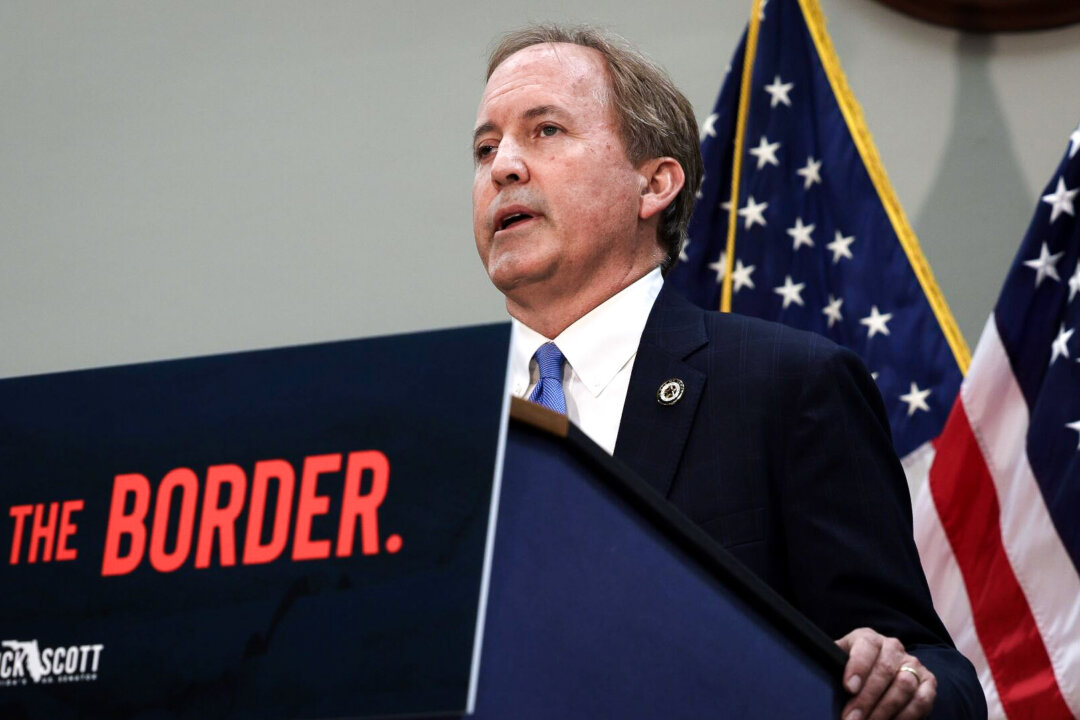Nearly 67 percent of Dallas voters approved the measure on Nov. 5, however it runs afoul of state law.
Texas Attorney General Ken Paxton filed a lawsuit against the City of Dallas on Thursday, challenging a ballot measure that prohibits local police from enforcing marijuana-related offenses in violation of state law.
Proposition R, approved by 66.82 percent of Dallas voters in the Nov. 5 special election, amends the city charter. The measure essentially decriminalizes marijuana, making it the lowest enforcement priority for the Dallas Police Department.
The measure bans Dallas police from making arrests or issuing citations for marijuana possession and from using the odor of marijuana as probable cause for searches or seizures. The amendment also bans the use of city funds for THC testing, except in limited circumstances.
The Dallas City Council certified the election results on Nov. 19, and the interim police chief issued a department-wide directive the same day to comply with the new policy.
Paxton argues that the measure violates the Texas Constitution and state law, which require municipalities to fully enforce state drug laws.
“Cities cannot pick and choose which State laws they follow,” Paxton said in a statement. “The City of Dallas has no authority to override Texas drug laws or prohibit the police from enforcing them. This is a backdoor attempt to violate the Texas Constitution, and any city that tries to constrain police in this fashion will be met swiftly with a lawsuit by my office.”
The lawsuit cites the Texas Local Government Code, which forbids political subdivisions from adopting policies that prevent enforcement of drug laws, and Article XI, Section 5 of the Texas Constitution, which bars municipalities from enacting ordinances inconsistent with state law. Under the Texas Health and Safety Code, marijuana is criminalized in any amount.
Under the Texas Constitution, “no charter or any ordinance passed under [Dallas’s] charter shall contain any provision inconsistent with the Constitution of the State, or of the general laws enacted by the Legislature of this State.”
At least one Dallas City Councilmember anticipated the lawsuit and tried to insert a clause stating that the city would not enforce the measure until the state changed the law. However, this was voted down by the majority, local media, WFAA, reported.
Paxton has taken similar legal action this year, suing five other Texas cities for adopting marijuana decriminalization measures that he claims undermine state law and contribute to crime and drug abuse.
Supporters of the measure, led by Ground Game Texas, say the policy is an effort to reduce racially biased policing and to save millions in public funds currently spent on marijuana enforcement. They also argue that the initiative represents the will of Dallas voters, with more than 50,000 residents signing the petition to place the measure on the ballot.

